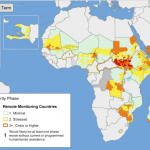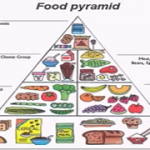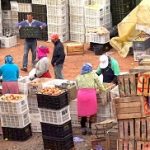Nadim Khouri, Independent Researcher - The World Bank
The annual meeting of the UN General Assembly (UNGA) is an opportunity for the leaders of all countries around the World, and their high-levels officers, to discuss specific themes, exchange ideas and agree on priorities at the global, regional or bi-lateral levels. This year’s UNGA meeting had as a general theme: “Making the United Nations Relevant to All People”.





